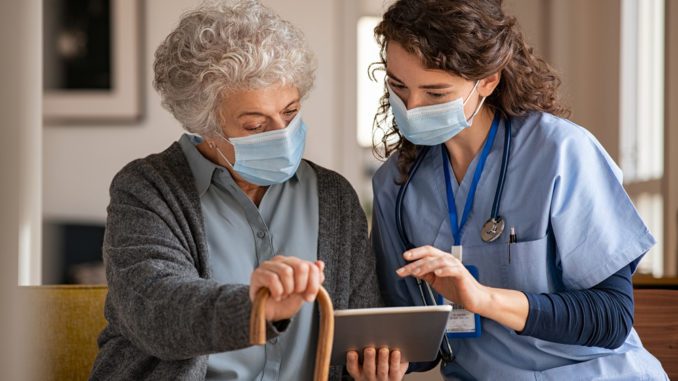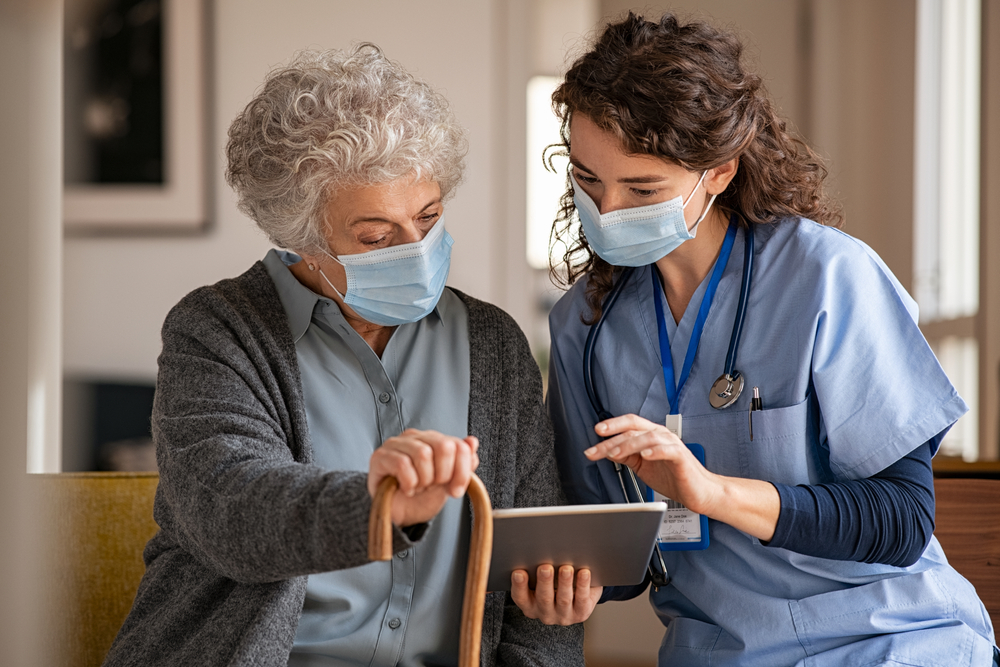

By: Dr. Kumanan Wilson, Interim CEO & Chief Scientific Officer, Bruyère Research Institute
In early May 2023, the World Health Organization (WHO) announced that COVID-19 is no longer a public health emergency of international concern, while acknowledging that COVID-19 continues to be considered an ongoing health issue worldwide.
Globally, the onus of emergency preparedness remains. Whether it is an impending wave of COVID-19, or another infectious disease, we face the possibility of new health threats. To be prepared, we need to think ahead.
It’s early 2020, the pandemic has just been declared. One hope for a solution would be a vaccine. The release of the vaccine would likely be one of the largest mass health interventions in human history.
In anticipation of this challenge, in the fall of the first year of the pandemic, Bruyère piloted the CANImmunize Clinic Flow solution across their influenza clinics. The digital tool streamlined appointment booking, consent forms, COVID-19 symptom screening, and vaccination receipts all in the same application.
Thanks to Bruyère’s Clinic Flow pilot, where over 2,000 vaccinations were administered, CANImmunize successfully scaled and became the best-in-class solution for COVID-19 vaccination tracking in Canada, used in full by the province of Nova Scotia and in part by Prince Edward Island and the Yukon. None of this would have been possible without Bruyère providing an environment that supported innovation.
As we look ahead, we can learn from this success. Bruyère is already taking steps to innovate and test solutions that can protect Canada against future pandemics. These types of innovative solutions can play a valuable role in protecting our aging population, who have been disproportionally impacted by the virus, especially in long-term care. Understanding vaccination uptake and tracking effects in older adults will continue to be critical in our COVID-19 response and ability to respond to in the face of other illness.
The WHO may no longer be designating COVID-19 as their highest-level public health threat, but as we continue to grapple with the pandemic, we should remain forward-thinking in our approach to health challenges.
Far from “moving on” from the past few years, we need to lean into the lessons learned. Our future ability to prepare for and mitigate health emergencies is dependent on our willingness to discover, build, and adopt new ideas, systems, and technologies before disaster strikes.

Bruyère Research Institute is a Member of Research Canada: An Alliance for Health Discovery and Sponsor of Research Canada’s 18th Annual General Meeting: Fulfilling the Promise of Collaborative Advocacy Leadership. Visit rc-rc.ca to learn more.
